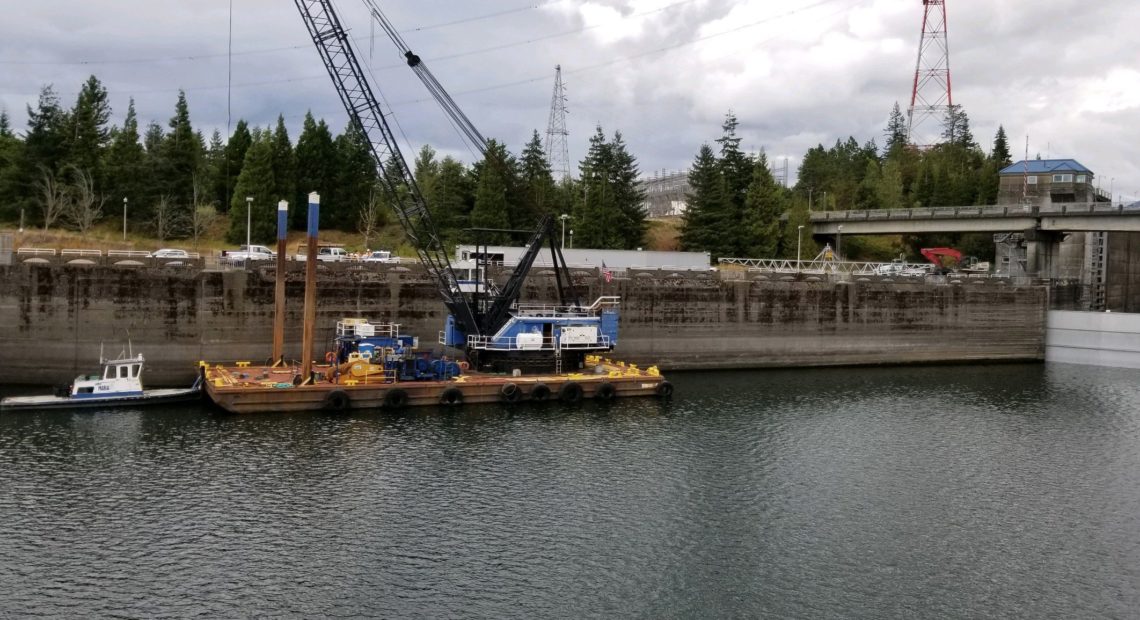
Critical Columbia River Lock To Reopen For Barge Traffic As Northwest Wheat Harvest Finishes Up
WATCH
A critical navigation lock on the lower Columbia River is expected to reopen this weekend, between 10 PM Friday and 10 AM Saturday, according to the U.S. Army Corps of Engineers.
The Corps previously said the river would reopen Sept. 30, but crews were able to finish work a few days early.
That means barges full of grain and other materials waiting to get from Inland Northwest ports to Vancouver and Portland and out to export markets can resume.
Boat traffic on the international trade route has been stopped since September 5 to repair a lock at Bonneville Dam.
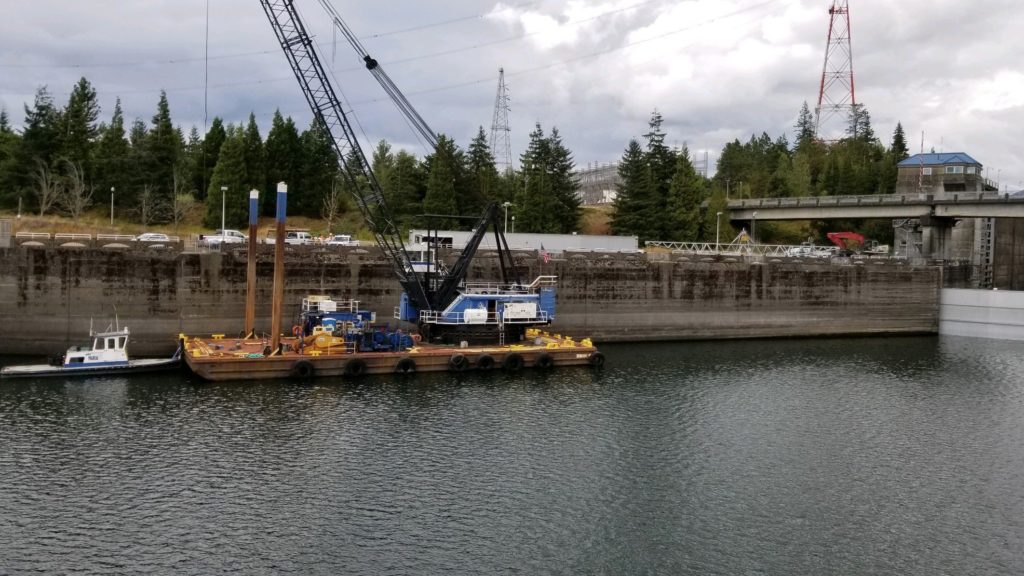
This Sunday, Sept. 8, 2019 photo provided by the U.S. Army Corps of Engineers shows a boat lock on the Bonneville Dam on the Columbia River that connects Oregon and Washington at Cascade Locks., Ore. CREDIT: U.S. Army Corps of Engineers/Twitter
Crews with the Army Corps’ Portland division have been working around-the-clock the past three weeks to open the channel.
“In the October – November timeframe, that’s when some of the most wheat goes down the river. Because it’s right after harvest. All of the grain has been collected into these ports, and it’s ready for shipment,” according to correspondent Anna King, who covers regional agriculture. “And a lot of the countries have been waiting for these new wheat products to come out. And they’re ready to re-up their stores.”
King said that the issue at play during the closure is that if other countries aren’t able to buy wheat or other grains from the U.S., they might go to Australia, Russia or another country in the timeframe they need.
According to the Associated Press:
“Eight million tons of cargo move inland on the Columbia and Snake rivers each year, and 53% of U.S. wheat exports were transported on the Columbia River in 2017 . . . About $2 billion in commercial cargo travels the entire system annually, according to the U.S. Army Corps of Engineers, and it’s the No. 1 export gate in the U.S. for wheat and barley and the No. 2 export gate for corn.”
Anna King was speaking on NWPB’s Uniquely Northwest News program, which airs on TV stations in the Tri Cities and Palouse-to-Spokane region. Watch the full episode above, or see more episodes on Northwest Public Broadcasting’s Facebook page and YouTube channel.
Related Stories:
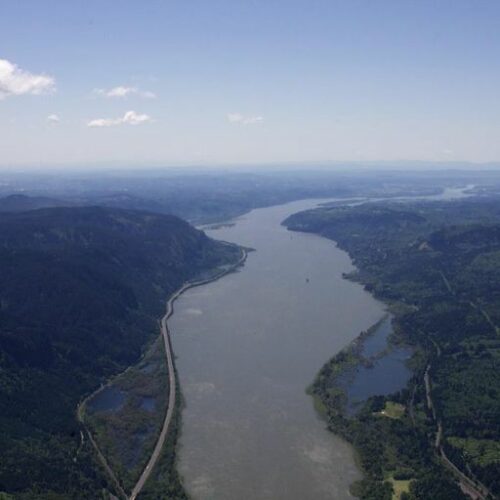
Preliminary agreement reached for a modernized Columbia River Treaty
The Columbia River west of the Gorge as it heads toward Portland and out to the Pacific Ocean. (Credit: Amelia Templeton / OPB) Listen (Runtime 1:01) Read After more than
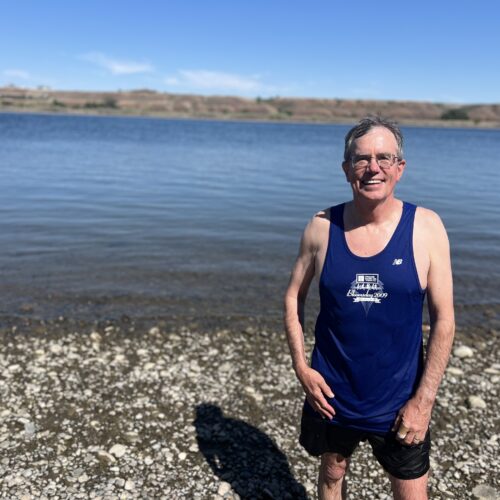
‘The water’s nice today’: One man’s quest to jump in the Columbia River for 25 years
For the past 25 years, Greg Patton has spent at least a few moments each month jumping in the Columbia River. (Credit: Courtney Flatt / Northwest News Network) Listen (Runtime
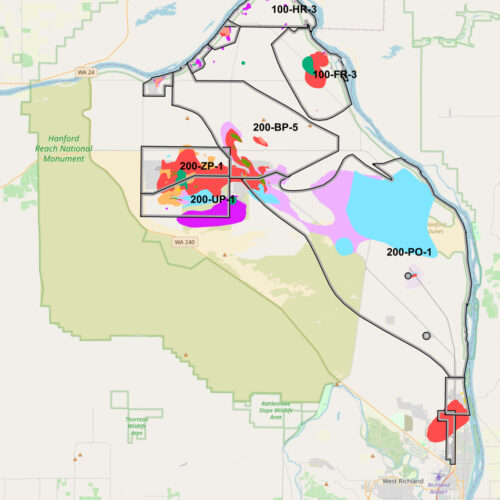
New tool tracks contaminated groundwater at Hanford, other DOE sites
A snapshot of the Hanford cleanup site showing the various groundwater plumes across the site. (Credit: U.S. Department of Energy / Office of Environmental Management) Listen (Runtime 1:00) Read A















